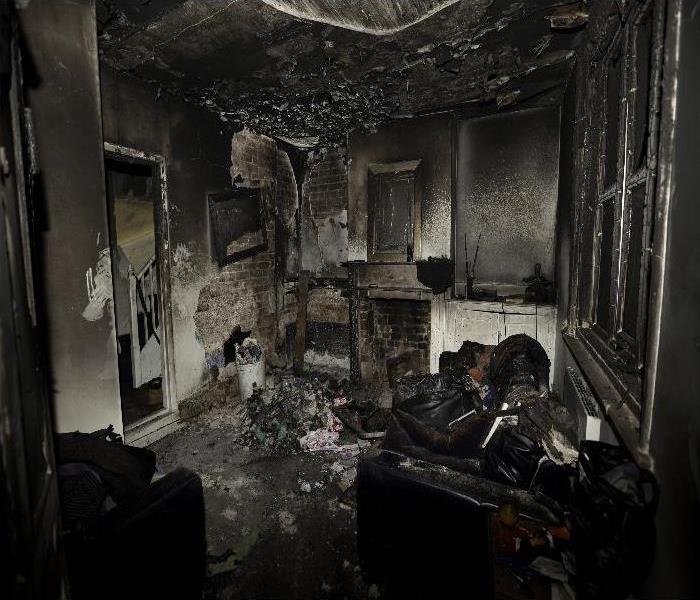What is the Difference Between Wet and Dry Smoke in Falmouth?
6/11/2020 (Permalink)
 No matter what type of fire loss that your home experiences, our SERVPRO of Upper Cape Cod and The Islands team can help.
No matter what type of fire loss that your home experiences, our SERVPRO of Upper Cape Cod and The Islands team can help.
Fire And Smoke Damage In Falmouth
Fires in Falmouth homes can vary substantially, which requires our experienced SERVPRO team to adapt to changing conditions from one site to the next.
All fires in Falmouth do not burn at the same temperatures and speed, meaning that the damage to homes varies substantially from one emergency to another. But between the varying loss effects that can threaten your property, our experienced technicians can help with practical strategies for removing debris, cleaning residues, and deodorizing the house.
One of the primary separating factors for fire damage in Falmouth homes is the type of smoke damage. As materials burn, smoke and combustion residues come to rest on surfaces and contents throughout the house. This damage might be wet or dry smoke, and these conditions vary based on the temperature of the fire and its blistering pace. This variance often has much to do with atmospheric conditions and the combustible materials involved.
How Does Wet Smoke Residue Get Removed?
Wet smoke gets produced by smoldering, lower-temperature fires. It can leave a thick residue on surfaces that are challenging to clean and remove without the expertise of our restoration professionals combined with effective strategies such as:
• Abrasive Cleaning
• Soda Blasting
• Water-Based Solvents
• Controlled Demolition
Is Dry Smoke Damage Easier to Restore?
Instead of a thick and challenging residue on surfaces, dry smoke damage leaves a chalky film that can often get wiped clean. While the after-effects of dry smoke, higher-temperature fires might be easier to clean, these conditions also can cause more widespread and total destruction. Dry smoke fires spread quickly throughout the property, producing a more pressing need for reconstruction and rebuilding services.
No matter what type of fire loss that your home experiences, our SERVPRO of Upper Cape Cod and The Islands team can help. We have experienced professionals ready to mobilize whenever disaster strikes by calling (508) 888-5985.





 24/7 Emergency Service
24/7 Emergency Service